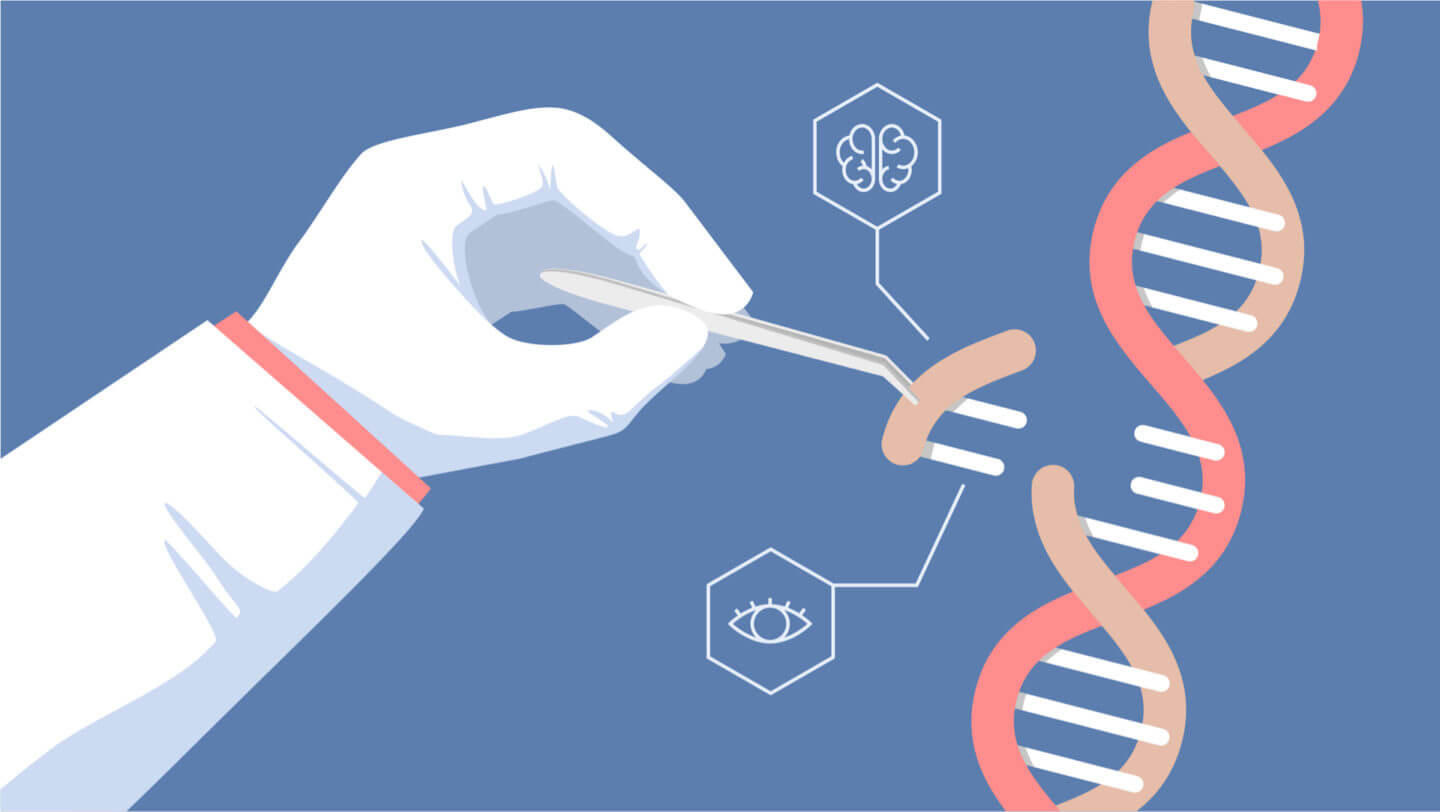Merck gets first U.S. Patent for improved CRISPR technology
February 20, 2019 | Wednesday | News
Merck's proxy-CRISPR is a new genome-editing technique that makes CRISPR more efficient, flexible and specific by opening the genome for modification of DNA
Merck, a leading science and technology company and leader in genome editing, has announced that the United States Patent and Trademark Office has issued a formal notice allowing Merck's patent application directed to its proxy-CRISPR technology
"This our first U.S. patent for CRISPR, and as a leading innovator of CRISPR technology, we will continue to collaborate with scientists around the world to ensure that the full potential of this powerful tool is realized, responsibly and ethically," said Udit Batra, member of the Merck Executive Board and CEO, Life Science. "This is great news for researchers in the U.S., as they now have more gene-editing options that accelerate drug development."
Merck's proxy-CRISPR is a new genome-editing technique that makes CRISPR more efficient, flexible and specific by opening the genome for modification of DNA.The technology can help scientists modify regions of the genome which are difficult to access.
This U.S. patent allowance marks Merck's 13th CRISPR patent worldwide. The company's CRISPR patent portfolio includes granted patents in Australia, Canada, Europe, Singapore, China, Israel and South Korea. Those patents are for CRISPR-related technologies covering foundational and alternative genome-editing methods.
To deploy the proxy-CRISPR method, two CRISPR systems are designed to target the genome in proximity to each other and work together. One CRISPR system opens a regional "door," pushing away blocking chromatin proteins, while the other walks through it to find the exact location for modification. Since the resulting modification requires two CRISPR binding events, the proxy-CRISPR method can enable twice the specificity of individual CRISPR systems.
Merck has received patents for its CRISPR paired nickase technology (cleaving opposite strands of a chromosomal sequence to create a double-stranded break) in Australia, Canada and Europe. Patents for Merck's CRISPR integration technology (chromosomal cutting of the sequence of eukaryotic cells and insertion of a DNA sequence) have been granted in Australia, Canada, Europe, Singapore, China, Israel and South Korea. Merck is licensing its entire patent portfolio for all fields of use.










